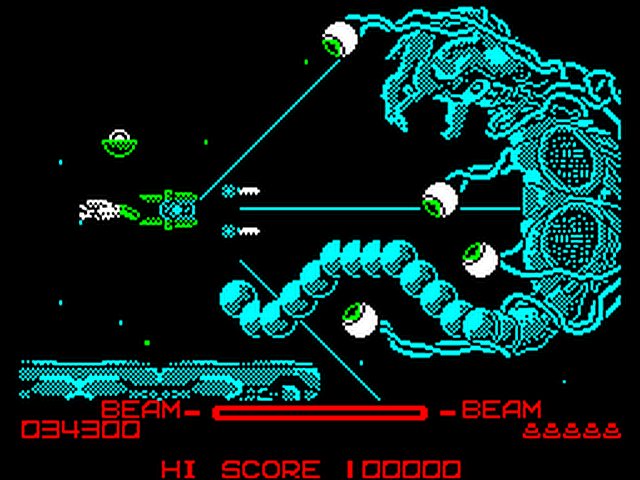At the age of 15, I found myself having to do course work and exams to leave school and take the next life step (mandatory education stopped at 16 back then, and I was a summer born so one of the youngest in my year).
I didn’t put much effort into revision for exams, I preferred to focus on coursework as it satisfied my love for reading, research and creation. For my computer studies coursework I chose to create a math test to help pupils prep for up coming maths exams. One of the rules we had for coursework projects (that I wasn’t keen on) was we were to do them alone.
BASIC (Beginner’s All-purpose Symbolic Instruction Code) was the language of choice for me. I’d been writing on my Commodore for a while (mainly text based adventures) and it was the primary language taught at my school. My challenge was I was still learning so would benefit from guidance and help. With this, rather than do the project alone, handing it in to learn from the results, I decided to seek a partner and learn on the go.
 The computer that started it all for me (I still have it)
The computer that started it all for me (I still have it)
One of my best friends was more proficient at programming than I was, he also understood the advantages of collaboration. Collaboration such as code reviews, fresh eyes for testing, and pair programming (even though that wasn’t a recognised approach back then). So that’s what we did, we paired up on my project, where he helped me learn more than I could have if I’d gone it alone.
The project wasn’t perfect and the teacher made plenty of comments on our code. My friend didn’t receive any credit for the work he put in (we couldn’t risk it), though he did learn a bunch of things himself and we both benefited from spending more time together playing R-Type.
 R-Type on the spectrum, a classic from my childhood
R-Type on the spectrum, a classic from my childhood
“Alone we can do so little; together we can do so much.” – Helen Keller
Years later that same friend let me stay at his house after I’d returned from one of my trips travelling abroad. He was working at Electronic Arts and I’d decided I should stick around in the UK, I needed to start some sort of job path. He saw how I’d kept up to date and relevant in the world of IT and video games. With this confidence, he put me forward for a role supervising a small team. A team testing compatibility and security at EA’s UK headquarters.
I landed the job and that’s when my thirst for collaboration really began to take hold. Myself and the team began to get great results based on partnerships and collaboration, not strict process and authority.
I’ve worked this way ever since, a way that gets results for all, results based on real collaboration for the best solutions, not disingenuous relationships or mandatory process. It hasn’t worked for me all the time, as in actually hurting my career at different stages. In tech and video games it’s been more usual for rewards to focus on the superhero individual, not the team. I remember suffering poor performance reviews at Microsoft under the Steve Balmer era, an era of internal competing, rather than leveraging with and contributing to others.
What I learned early on, at the time I did my BASIC project, was that I didn’t want to change. I was lucky to have made some strong friendships at EA, some of who joined Microsoft too. With them we kept to our values, values of collaboration and giving rather than taking.
Right now I’m at Unity where one of the values is “In it together”. A value that, if truly part of the culture will result in success for employees, customers and the business. It’s a tough one to establish, as more conventional metrics driven teams compete and backstab due to the very nature of individual metrics. I haven’t seen it here yet, especially in the engineering organisation where we strive not to have the super hero model.
How do you approach activities for achieving results? If you’re not leveraging or contributing to others then you’re only getting half of what can be achieved. I find this goes for my marriage and friendships too.
“Synergy is the highest activity of life; it creates new untapped alternatives; it values and exploits the mental, emotional, and psychological differences between people.” – Stephen Covey
——————————————-Like this? Share on social media so others can enjoy.Want to read more posts like the above? See my previous ones here: Marcus Purvis BlogGet notified by email when I publish new content by simply signing up using the sign up box on this page.Fancy 5 interesting topics to inspire thinking, including an inspiring quote to start the weekend? Then sign up to 5 Share Friday where you get 5 interesting things each Friday in your inbox : 5 Share Friday